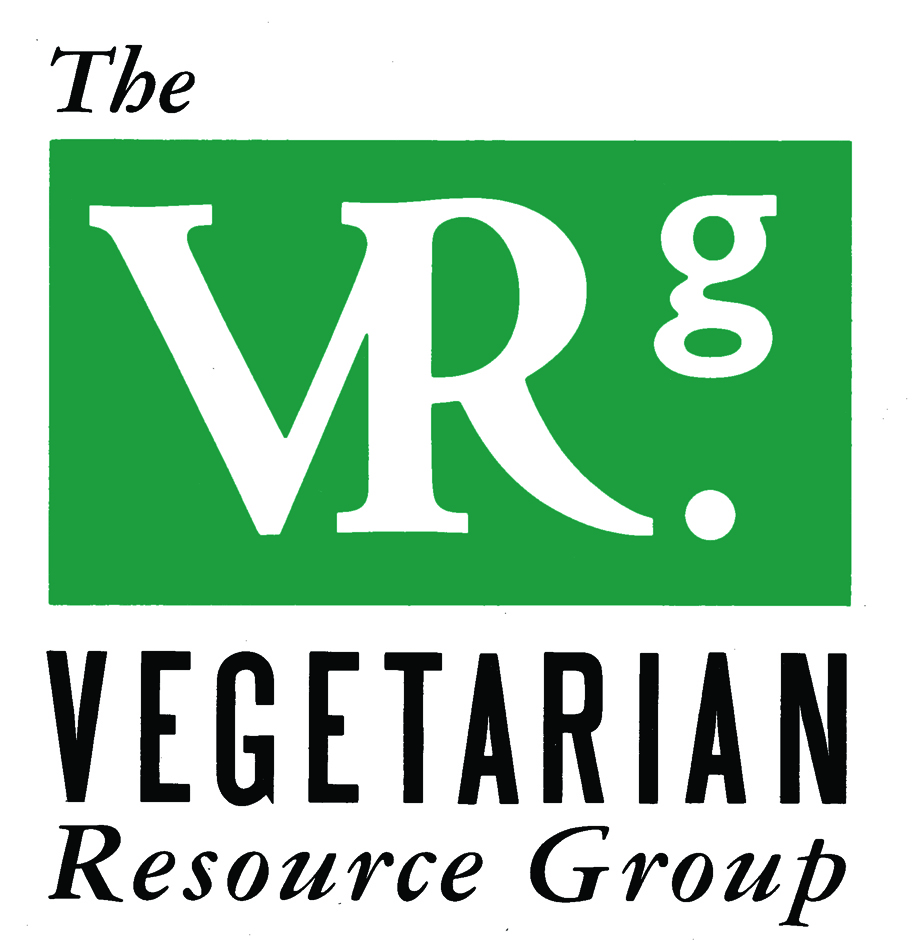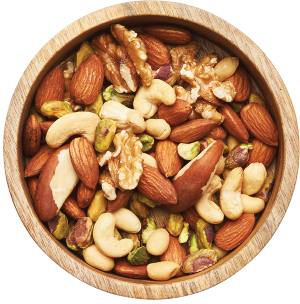By Reed Mangels, PhD, RD
Phytosterols, also called plant sterols, are substances found naturally in plants that have a chemical structure similar to cholesterol. When we eat plants, we also consume the phytosterols that are found in those plants. Phytosterols are not well absorbed by humans because their structure is different from cholesterol which is more readily absorbed.
Studies involving human subjects fed people 1 to 2 grams of phytosterols a day, an amount higher than most people get from foods. The subjects experienced, on average, a 10% reduction in total cholesterol and in LDL-cholesterol (1, 2). This reduction in cholesterol has been attributed to reduced cholesterol absorption. Even if your diet is free of cholesterol, you still absorb, or more accurately, reabsorb cholesterol that your body produces. If you reabsorb less of this recycled cholesterol because you’re eating plant sterols, your body has less cholesterol to deal with.
Vegans and lacto-ovo vegetarians have higher intakes of phytosterols than do nonvegetarians, on average (3). Corn oil and canola oil are especially good sources of phytosterols, supplying about 0.1 gram per Tablespoon. Pistachios, cashews, soybeans, and almonds are other foods that contain generous amounts of phytosterols, although other fruits, vegetables, nuts, and grains also supply phytosterols (4). Food companies have added phytosterols to foods including margarine, mayonnaise, orange juice, and yogurt, although most of these products are not vegan or are not widely available. Phytosterols may help to explain why vegans and vegetarians have a lower risk of heart disease.
References
- Andersson SW, Skinner J, Ellegård L, et al. Intake of dietary plant sterols is inversely related to serum cholesterol concentration in men and women in the EPIC Norfolk population: a cross-sectional study. Eur J Clin Nutr. 2004;58(10):1378-1385.
- Klingberg S, Ellegård L, Johansson I, et al. Inverse relation between dietary intake of naturally occurring plant sterols and serum cholesterol in northern Sweden. Am J Clin Nutr. 2008;87(4):993-1001.
- Jaceldo-Siegl K, Lütjohann D, Sirirat R, Mashchak A, Fraser GE, Haddad E. Variations in dietary intake and plasma concentrations of plant sterols across plant-based diets among North American adults. Mol Nutr Food Res. 2017;61(8):10.1002/mnfr.201600828.
- Linus Pauling Institute. Micronutrient Information Center. Phytosterols. https://lpi.oregonstate.edu/mic/dietary-factors/phytochemicals/phytosterols. Updated, 2017


